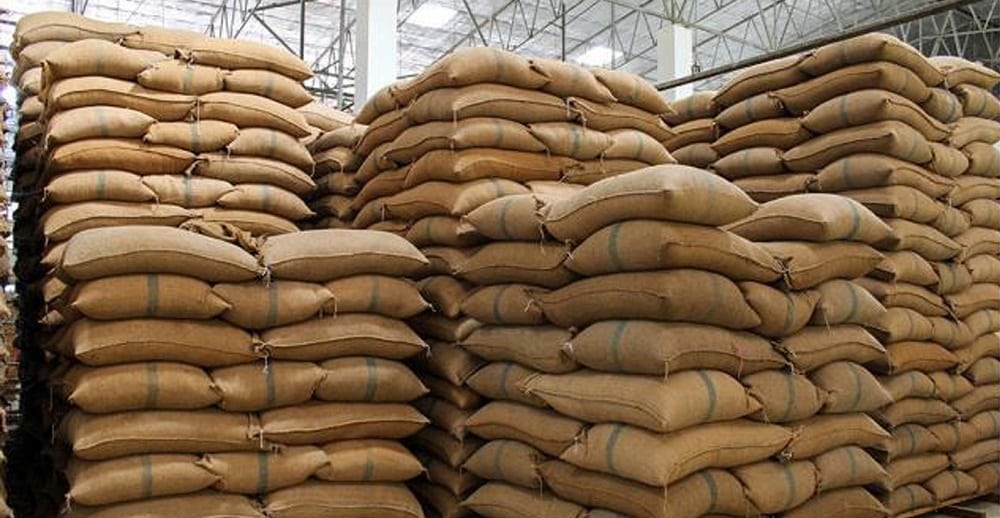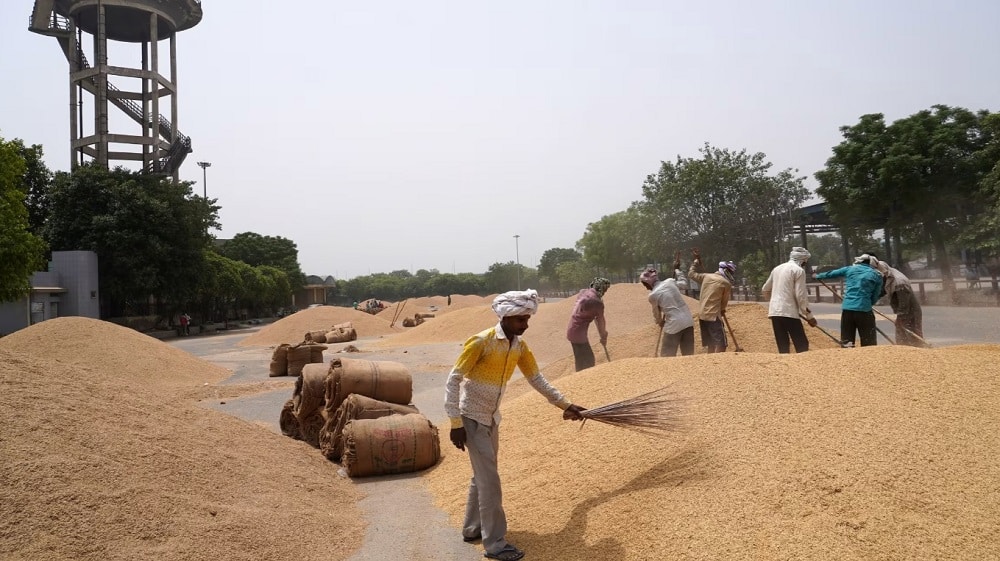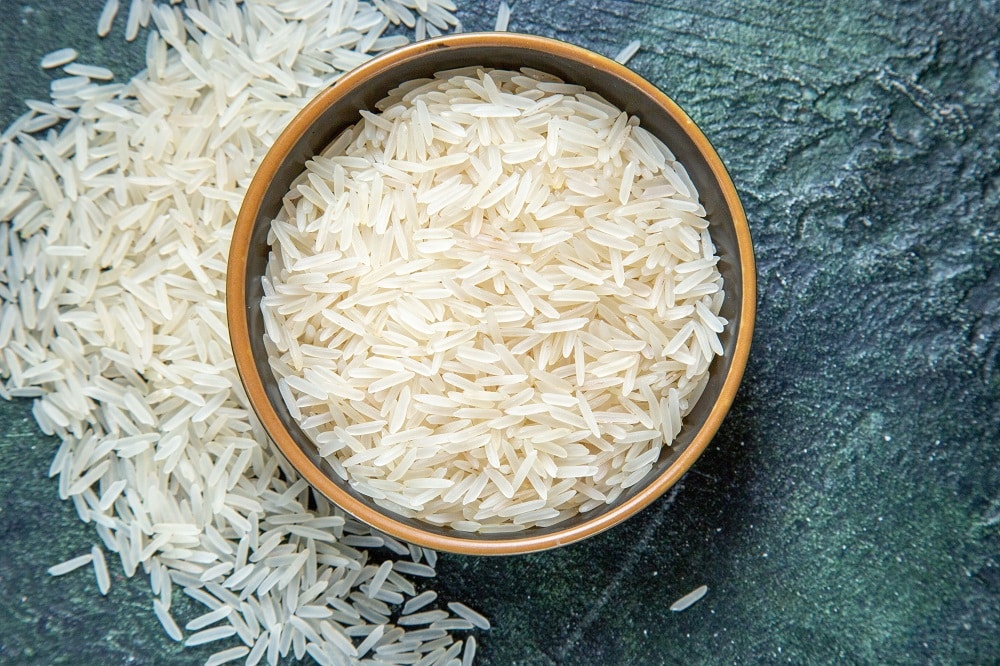In a strategic move to enhance the export potential of its prized Basmati rice, the Government of India has officially removed the floor price on Basmati rice exports. This decision, aimed at responding to ongoing trade concerns and ensuring adequate domestic availability, marks a significant shift in India’s approach to its agricultural exports.
Why India removed the export floor price?
The removal of the minimum export price (MEP) comes after a series of adjustments that began in August 2023 when the government initially set a floor price of $1,200 per metric ton. This measure was implemented to address rising domestic rice prices amid tight supply conditions and to prevent the misclassification of non-Basmati rice as Basmati.

In October 2023, the floor price was adjusted to $950 per metric ton, reflecting ongoing dialogue with trade bodies and stakeholders.Now, with the complete elimination of the MEP, the Agricultural and Processed Food Products Export Development Authority (APEDA) will closely monitor export contracts to ensure pricing remains realistic and transparent. This proactive measure aims to bolster India’s position in the competitive global rice market while maintaining the integrity of Basmati rice exports.
Market situation
The decision to remove the export floor price comes in light of a 25% decline in Basmati paddy prices, prompting exporters to call for more competitive pricing structures. With upcoming elections in Haryana, a major Basmati-producing state, this move is also politically significant as it is expected to buoy export activity and support local farmers.

India’s total Basmati rice exports reached approximately $5.9 billion in the 2023-24 fiscal year, showcasing the variety’s strong global demand. Key markets include the Philippines, which accounts for nearly half of India’s Basmati exports, alongside growing interest from other countries.
Implications for Farmers and Exporters
While this decision is seen as a positive step towards enhancing competitiveness in international markets, experts emphasize the need for exporters to ensure that farmers receive fair compensation. The expectation is that with improved export conditions, farmers will benefit from increased income and better realization rates for their produce.

As India navigates this new chapter in its agricultural export policy, it remains committed to supporting its farmers while ensuring that Basmati rice continues to be recognized as a premium product on the global stage. The government’s actions reflect a broader strategy to strengthen agricultural exports and enhance food security domestically.With these developments, Indian Basmati rice is set to reclaim its competitive edge in international markets, offering consumers around the world access to one of India’s most cherished agricultural products.



